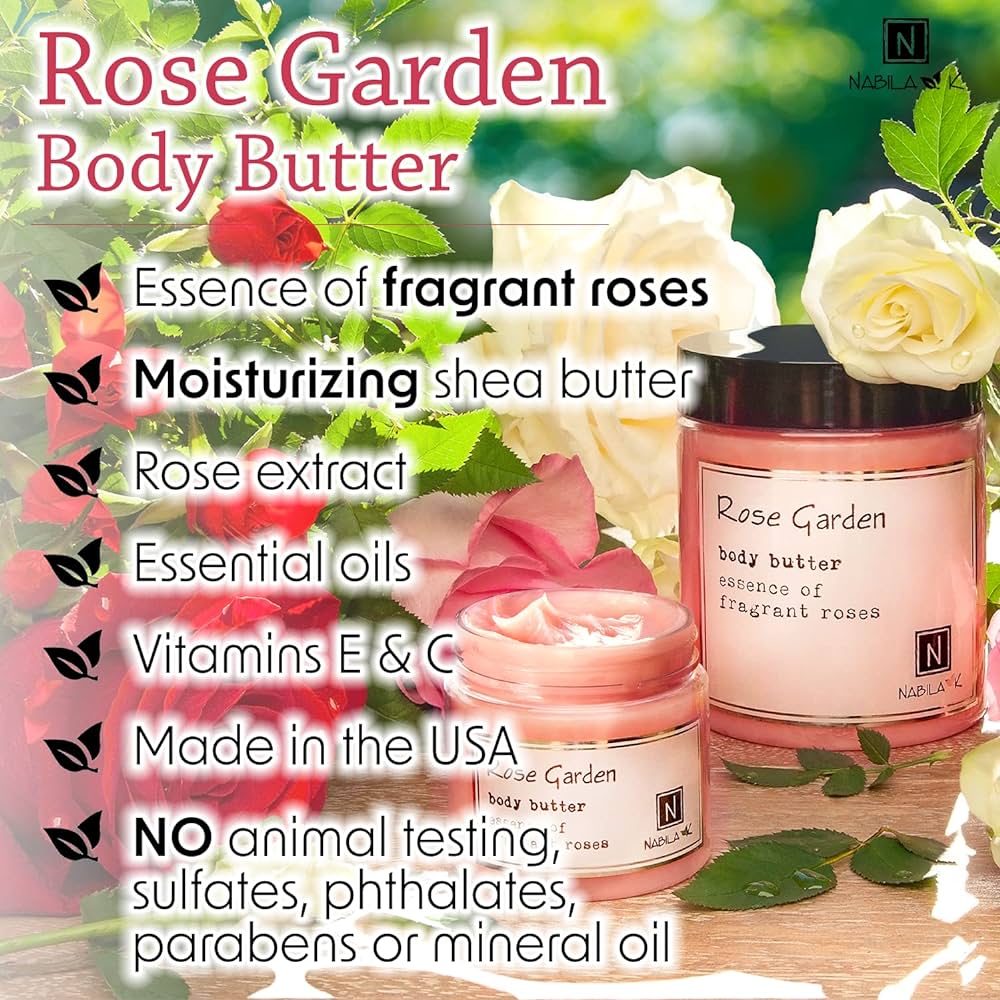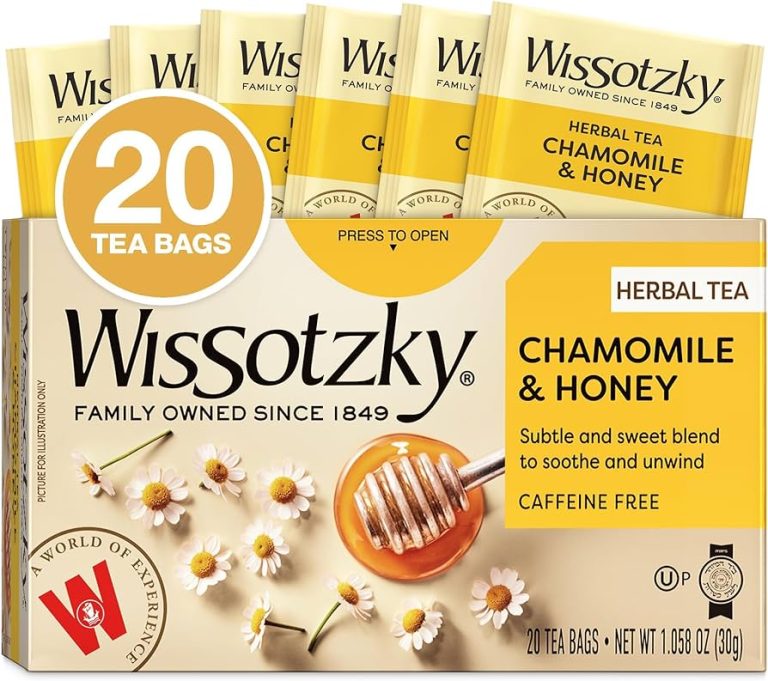9 Best Body Oils for Hydration, Nourishment, and Skin Repair
Looking to elevate your skincare routine? Body oils might just be your new best friend. These luxurious elixirs not only hydrate your skin but also lock in moisture, leaving you with a radiant glow. Whether you’re dealing with dry patches, aiming for a smoother texture, or simply want to indulge in some self-care, the right body oil can make all the difference.
The First Pick: Coconut Oil
Coconut oil is a favorite among skin enthusiasts for its versatility and numerous skin benefits. It offers an effective and natural way to enhance your skincare routine.
Why Coconut Oil Tops Our List
Hydrates deeply. Coconut oil penetrates your skin to offer intense hydration, making it ideal for dry or flaky skin. Studies have shown that it can improve skin moisture and lipid content.
Contains antioxidants. With Vitamin E and other antioxidants, coconut oil helps combat free radicals, reducing signs of aging and repairing damaged skin.
Antibacterial properties. Coconut oil’s lauric acid content gives it antimicrobial attributes, making it effective in preventing infections and soothing irritations.
Natural emollient. It smooths skin and enhances texture, ensuring your skin feels soft and supple.
Best Ways to Use Coconut Oil for Skin Care
As a moisturizer. Apply coconut oil after your shower when your skin is still slightly damp. This helps lock in moisture for softer, more hydrated skin.
For massage. Use it as a massage oil to improve circulation and relieve muscle tension while nourishing your skin.
In DIY scrubs. Mix coconut oil with sugar or sea salt to create an exfoliating scrub that removes dead skin cells and leaves your skin glowing.
For shaving. Switch out your shaving cream with coconut oil to reduce irritation and achieve a smoother shave.
As a makeup remover. Gently rub coconut oil onto your face to break down makeup, then wipe it off with a soft cloth. It’s effective and gentle on your skin.
Remember to choose unrefined, virgin coconut oil for the best results, as it’s free from additives and retains all its natural benefits.
The Second Pick: Argan Oil
Argan oil, often called “liquid gold,” has exceptional versatility and profound benefits for your skin.
The Richness of Argan Oil for the Skin
Argan oil is rich in essential fatty acids, antioxidants, and vitamin E, providing deep nourishment and hydration. It helps promote skin elasticity, reducing the appearance of fine lines and wrinkles. This oil has anti-inflammatory properties, making it perfect for soothing irritated or sensitive skin. With regular use, you’ll notice improved skin tone and texture.
Ideal Use Cases for Argan Oil
Use argan oil as a daily moisturizer to keep your skin soft and hydrated. Apply a few drops to your face after cleansing, allowing the oil to absorb fully. It’s an excellent remedy for dry patches and can be used on other dry areas like elbows and knees. Use it as a nourishing overnight treatment by applying a generous amount before bed. You can also add a few drops to your bath for all-over skin softness.
The Third Pick: Jojoba Oil
Jojoba oil is a fantastic addition to your skincare routine due to its unique properties.
Jojoba Oil’s Compatibility With Skin
Jojoba oil is incredibly similar to the skin’s natural sebum. It’s non-comedogenic, making it perfect for all skin types, including sensitive and acne-prone skin. It effectively balances oil production, so your skin stays hydrated without becoming greasy.
How to Incorporate Jojoba Oil into Your Routine
Use jojoba oil as a daily moisturizer by applying a few drops directly to your face. Add it to your favorite lotions to boost their hydrating power. You can also use it as a makeup remover, gently dissolving even waterproof products. Massage it into your scalp to combat dryness and flakiness or apply a few drops to your hair ends to reduce split ends and add shine.
The Fourth Pick: Almond Oil
Almond oil is a versatile and nourishing option for your skincare routine.
Almond Oil’s Hydrating Properties
Almond oil is rich in vitamin E, making it an excellent moisturizer. It penetrates deep into the skin, providing lasting hydration and leaving your skin soft and smooth. Packed with essential fatty acids, it helps to repair the skin barrier, which is crucial for maintaining moisture levels. Almond oil is also known for its anti-inflammatory properties, which can soothe irritated skin and reduce redness.
Tips for Using Almond Oil on Different Skin Types
Almond oil is suitable for all skin types but adapts to them in unique ways. For dry skin, you can apply it directly to damp skin after a shower to lock in moisture. If you have oily or combination skin, mix a few drops with your regular moisturizer to avoid a greasy feel while benefiting from its hydrating properties. Sensitive skin types should do a patch test first due to the risk of nut allergies. You can use almond oil as a gentle makeup remover or add a couple of drops to your facial cleanser for added moisture.
The Fifth Pick: Rosehip Oil
Rosehip oil is another fantastic addition to your skincare regimen. This oil is harvested from the seeds of rose bushes, predominantly grown in Chile and South Africa.
The Rejuvenating Effects of Rosehip Oil
Rosehip oil is packed with essential fatty acids and vitamins A and C. These nutrients hydrate and rejuvenate your skin, enhancing its texture. Regular use of rosehip oil can help reduce scars, stretch marks, and hyperpigmentation. This makes it invaluable for those looking to improve their skin tone and radiance.
Using Rosehip Oil for Anti-Aging Benefits
Rich in antioxidants, rosehip oil combats free radicals, thereby slowing down the aging process. Applying this oil daily can minimize fine lines and wrinkles. It’s also known for increasing collagen production, improving skin elasticity. Add a few drops to your moisturizer or use it directly to harness its age-defying benefits.
The Sixth Pick: Lavender Oil
Lavender oil holds a revered spot in skincare for its calming and medicinal properties. Often touted as a multi-purpose essential, it excels in both skin care and relaxation.
The Calming Benefits of Lavender Oil
Infuses calmness, easing stress and anxiety. Inhaling lavender oil can promote a sense of tranquility, making it a popular choice for aromatherapy. Its soothing scent helps many find relief from insomnia and improve sleep quality. Incorporating lavender oil into your nightly routine can create a peaceful environment perfect for winding down after a long day.
Lavender Oil for Skin and Relaxation
Reduces skin inflammation with anti-inflammatory properties. Lavender oil not only soothes irritated skin but also accelerates healing. It’s effective for treating acne, eczema, and minor burns. Applying lavender oil diluted in a carrier oil can help reduce redness and blotchiness, giving you a clearer complexion.
Enhances relaxation through topical application. Massaging lavender oil onto your temples or wrists can provide immediate stress relief. Its natural analgesic qualities make it excellent for relieving muscle tension. Adding a few drops to your bath can transform your soak into a therapeutic experience, aiding both your skin and mind in relaxation.
The Seventh Pick: Grapeseed Oil
Grapeseed oil is a light, non-greasy oil that offers unique benefits for your skin.
Grapeseed Oil’s Lightweight and Non-Greasy Nature
Grapeseed oil is well-known for its lightweight texture. It absorbs quickly without leaving a greasy residue. Unlike thicker oils, grapeseed oil is perfect for those with oily or combination skin types. It balances your skin, reducing excess oil production. You won’t feel weighed down, making it ideal for daily use and under makeup applications.
Best Practices for Grapeseed Oil Application
Apply grapeseed oil after cleansing your skin for the best results. Use a few drops to cover your face and neck and gently massage it in a circular motion. For added benefits, combine it with other essential oils like lavender or tea tree oil for specific skin concerns. You can also use grapeseed oil as a carrier for essential oils in massages, enhancing its moisturizing and therapeutic effects. Always perform a patch test before using it on larger skin areas to ensure you don’t have any allergic reactions.
The Eighth Pick: Marula Oil
Marula oil is a fantastic addition to any skincare routine, especially for those with dry or aging skin. Derived from the nuts of the marula tree, it’s packed with nutrients that benefit your skin.
Why Marula Oil is Great for Dry Skin
Marula oil offers deep hydration. This oil is rich in essential fatty acids and antioxidants, which restore your skin’s moisture barrier. It absorbs quickly, providing immediate relief without a greasy residue. With high levels of oleic acid, it penetrates deeply, making it ideal for those with dry, flaky skin.
Different Ways to Use Marula Oil in Skin Care
Marula oil is versatile. First, you can use it as a daily moisturizer; drop a few drops on your face and massage gently. It can also be an excellent night treatment; apply it before bed for nourished skin by morning. Additionally, add a few drops to your favorite lotion or serum to boost its hydration properties. Finally, marula oil works well in a DIY face mask combined with honey or yogurt for an extra skincare treat.
The Ninth Pick: Tea Tree Oil
Tea tree oil is renowned for its powerful antiseptic and anti-inflammatory properties. Let’s delve into how you can harness its benefits.
The Antiseptic Properties of Tea Tree Oil
Tea tree oil boasts strong antiseptic qualities that make it an effective choice for various skin concerns. Its ability to combat bacteria and fungi can help treat cuts, scrapes, and minor infections. A study published in the Clinical Microbiology Reviews supports tea tree oil’s effectiveness against a wide range of pathogens. For a natural disinfectant, you can mix a few drops of tea tree oil with coconut oil and apply it to the affected area.
Incorporating Tea Tree Oil into Acne Treatment
Tea tree oil is a popular remedy for acne due to its bacteria-fighting properties. By reducing inflammation and redness, it helps clear up breakouts with fewer side effects than traditional treatments. Mix one drop of tea tree oil with nine drops of water and use a cotton swab to apply it directly to pimples. For a deeper treatment, you can add a few drops to your daily cleanser or moisturizer. Clinical research shows that tea tree oil is as effective as benzoyl peroxide but causes less skin irritation.
Conclusion
Choosing the right body oil can transform your skincare routine, providing hydration, nourishment, and targeted benefits. Whether you’re looking to calm your skin with lavender oil, rejuvenate with rosehip oil, or deeply hydrate with marula oil, there’s an option for every skin type and concern. Oils like tea tree and grapeseed offer solutions for acne and oily skin, while coconut and almond oils provide versatile benefits for overall skin health. Incorporating these oils into your daily regimen can lead to healthier, more radiant skin. Explore these options and find the perfect body oil to meet your skincare needs.
Frequently Asked Questions
What are the benefits of using coconut oil in skincare?
Coconut oil provides deep hydration, nourishes the skin, and helps in skin repair. It’s ideal for dry skin and can be used as a moisturizer or in DIY face masks.
How does almond oil benefit the skin?
Almond oil is versatile and great for hydration, nourishment, and improving skin tone. It’s suitable for most skin types and can be used as a moisturizer or added to lotions and serums.
Why is rosehip oil recommended for rejuvenating the skin?
Rosehip oil is rich in vitamins and essential fatty acids, making it excellent for rejuvenating and repairing the skin. It helps reduce scars, wrinkles, and fine lines.
What are the calming properties of lavender oil?
Lavender oil is known for its calming and medicinal properties. It reduces skin inflammation, accelerates healing, and treats acne, eczema, and burns. It also promotes relaxation through aromatherapy.
Is grapeseed oil suitable for oily or combination skin?
Yes, grapeseed oil is a light, non-greasy option that balances the skin and reduces excess oil production, making it ideal for oily or combination skin types.
How can marula oil benefit dry or aging skin?
Marula oil offers deep hydration and is rich in essential fatty acids and antioxidants. It absorbs quickly and penetrates deeply, making it excellent for dry or aging skin. It can be used as a daily moisturizer or night treatment.
Can tea tree oil treat acne effectively?
Tea tree oil has powerful antiseptic and anti-inflammatory properties, making it effective for treating acne. It provides a natural alternative to traditional acne treatments with fewer side effects.
How should tea tree oil be used for skin concerns?
Tea tree oil can be applied directly to cuts, scrapes, and acne or added to skincare products. Its antiseptic properties help disinfect and its anti-inflammatory properties aid in reducing inflammation.
What makes grapeseed oil different from other oils like coconut or jojoba?
Grapeseed oil is lightweight and non-greasy, which makes it particularly suitable for oily or combination skin types. It helps balance the skin and reduce excess oil without clogging pores.
Are there any DIY face masks that include marula oil?
Yes, marula oil can be combined with ingredients like honey or yogurt to create DIY face masks that provide extra hydration and nourishment for the skin.






